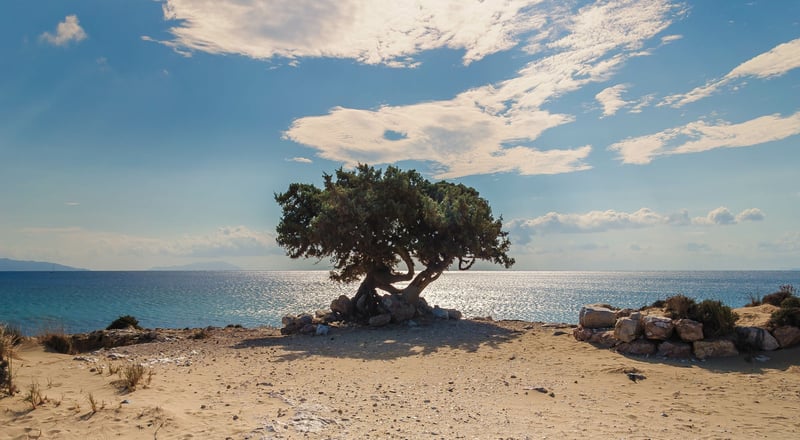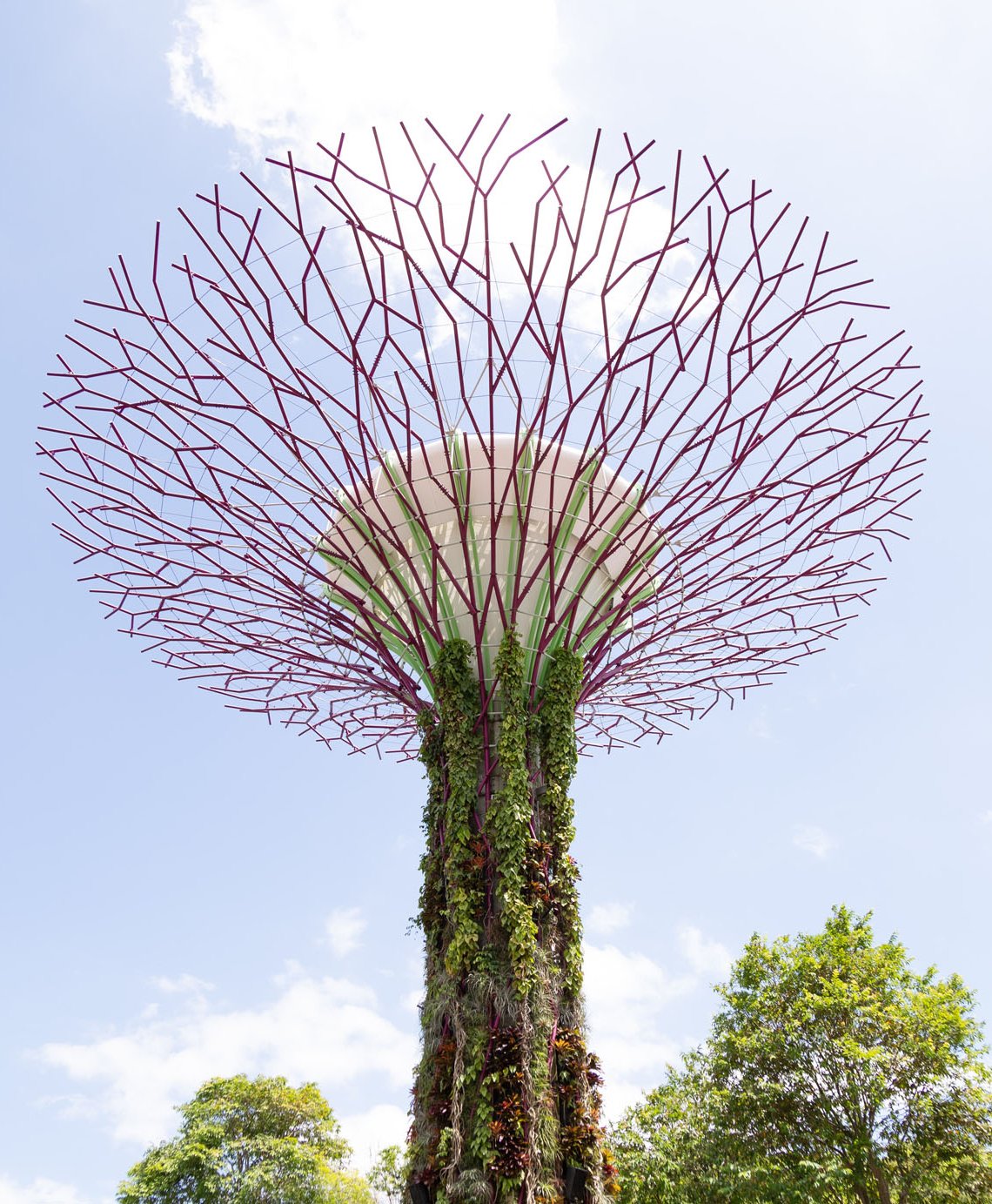#Prize
UNESCO-MAB Young Scientists Award
? Closed for applications
Since 1989 MAB has been supporting young researchers each year with awards of up to US$ 5,000 in support of their research on ecosystems, natural resources and biodiversity. Through the MAB Young Scientists Awards, MAB is investing in a new generation of scientists worldwide because well-trained and committed young people are key to addressing ecological and sustainability issues.
The International Coordinating Council of the Man and the Biosphere Programme (MAB-ICC) adopted new criteria and conditions for the selection of MAB Young Scientists Award winners at its 29th session on 12-15 June 2017, in order to address the Lima Action Plan (LAP) for Biosphere Reserves and relevant Sustainable Development Goals (SDGs) in applications. The MAB young scientist award is granted annually to support research on ecosystems, natural resources and biodiversity among young scientists, particularly in developing countries. Applicants from developed countries are eligible for the award in exceptional cases or if working in partnership with developing countries.
Awards of up to US$5,000 are offered to a number of scientists per year to help fund future MAB related research, which must be completed within two years. Candidates must accept to submit reports of Award-funded research to the MAB Secretariat in Paris and to their MAB National Committee, and the results of their research may be published on UNESCO’s website.
In choosing which young scientists to honour, priority is given to interdisciplinary projects carried out in existing or potential UNESCO biosphere reserves. The research projects need to support the aims of UNESCO’s Biosphere Reserves’ strategy (known as the Lima Action Plan) and the Sustainable Development Goals. Up to two scientists can apply from each Member State per year and applications must be endorsed by the MAB National Committee. Winners are chosen by the International Coordinating Council of the Man and the Biosphere Programme (MAB-ICC).

?️ KEY INFO
Make sure you read the important information below before you apply for this prize. You must apply through the UK National Commission for UNESCO. Expressions of interest are welcome.
#Quote
‘These awards are a commitment from MAB to young scientists as they address ecological and sustainability and issues with world wide relevance.’
Professor David Drewry, UK National Commission for UNESCO Non-Executive Director, Natural Sciences
Quote
More from the #MAB Young Scientists Awards
Read more about the Award on UNESCO’s main site. Meet the past winners. Learn more about the UNESCO Man and the Biosphere Programme.
#ReadMore

Andrea Santos Garcia
BRAZIL
? #Winner
Mapping and assessing land degradation in biosphere reserves: towards sustainable development through governance opportunities.

Miguel David Barrios
COLUMBIA
? #Winner
Ecological and population genetics approach for the conservation of seagrass ecosystems in the Seaflower Biosphere Reserve.

Isaac Yaw Barnes
GHANA
? #Winner
Using story telling through a geo-story map to highlight Bia River Biosphere Reserve’s anthropogenic effect on community livelihood and adaptation.

Fenny Clara Ardiati
INDONESIA
? #Winner
Isolation, screening, and assessment of White Rot Fungi in Berbak and Sembilang Biosphere Reserve for their potency in wastewater treatment.

Aida Mammadova
JAPAN
? #Winner
The role of Biosphere Reserves in creating international eco-entrepreneurship possibilities for youth in micro-financed transition areas of Russian and Japanese biosphere reserves.

Discover other UNESCO #Prizes available to applicants from the United Kingdom
RELATED
UNESCO-Japan Prize on Education for Sustainable Development
#Prize ? #Open
POLICY
A National Experience of the Management of the UNESCO Prizes Process
#PolicyBrief #n°21
We want you to #Engage with us
How can you ? #Engage with us? Are you ? an Individual? ⛲ an Institution, such as ? a School? ⛩️ a Site? ? a Charity? Are you a ? Corporation? Do you wish to ? Apply for a Prize ? Become a Partner ? Become a Sponsor ?️ Become a UNESCO Site
and much more






